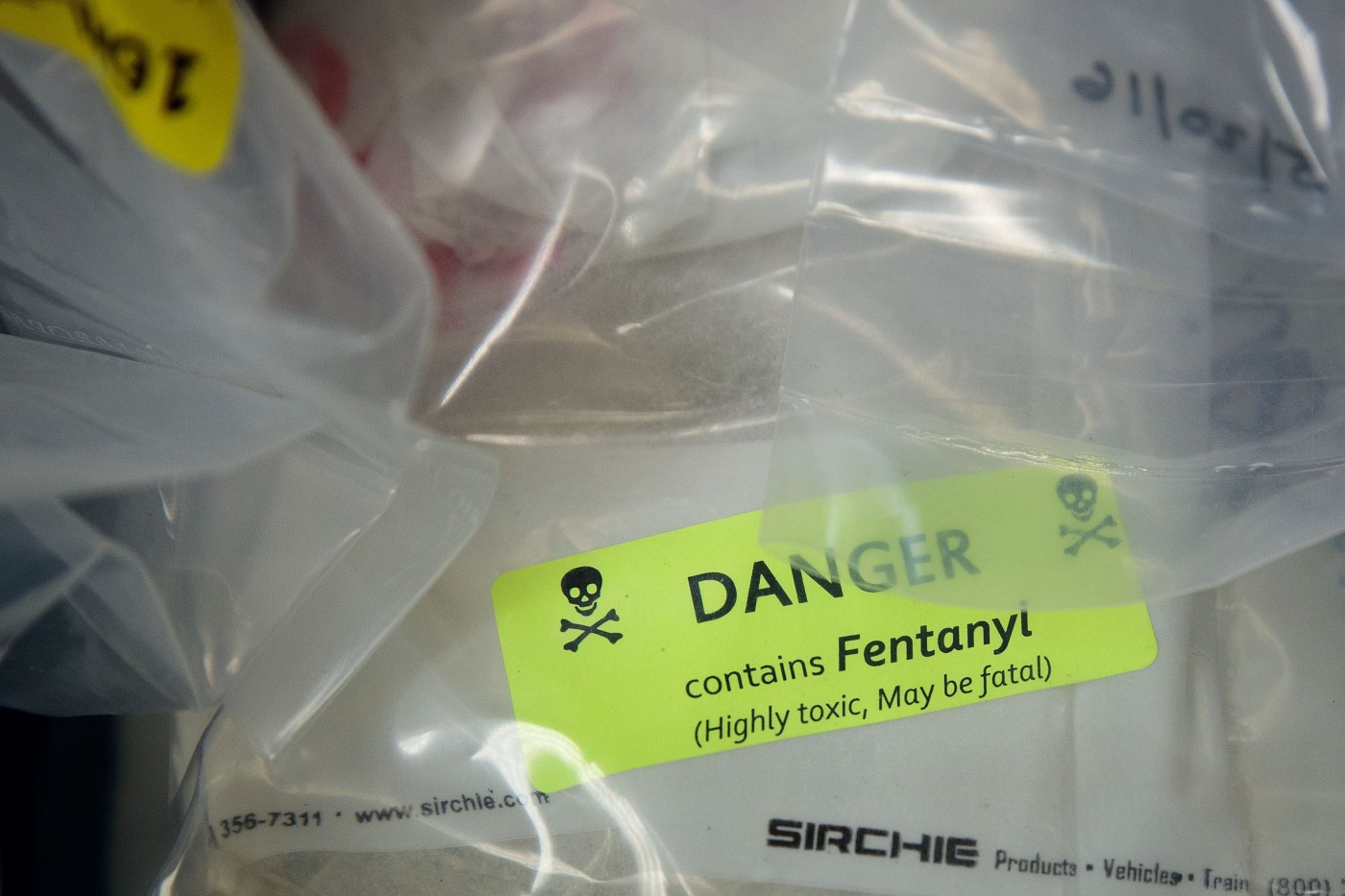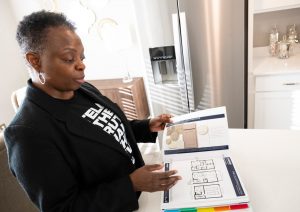
Boston opioid overdose deaths drop after rising last year: ‘On the right track’
Opioid overdose deaths in the city have dropped after rising last year, according to new “promising” data from the Boston Public Health Commission.
There were 68 opioid-related overdose deaths among Boston residents in the first four months of this year, compared to 102 deaths over the same time period in 2023.
That’s a 33% decrease from last year.
“These new data show we are on the right track thanks to the lifesaving work our street outreach workers and BPHC staff do every day,” Mayor Michelle Wu said in a statement. “While these data show a promising trend, we know each life is more than just a number, and we as a city will continue to leverage resources and invest in recovery support services.”
Previous data had showed that opioid overdose deaths increased by 12% in Boston from 2022 to 2023, especially among Black and Latinx residents.
Although the new data is preliminary and only represents four months of the year, the data is encouraging, officials said.
“These data give us hope, but we have a lot of work to do to ensure that this trend continues,” said Bisola Ojikutu, commissioner of Public Health for Boston.
“To that end, the Boston Public Health Commission is prioritizing evidence-based strategies, including expanding mobile outreach to people who are unhoused and at risk for overdose, increasing access to naloxone, and decreasing substance use stigma throughout Boston communities,” Ojikutu added.
Related Articles
Dedham nurse said she stole oxycodone to cope with patients dying of COVID
Harvard won’t remove OxyContin maker’s name from buildings despite protests
Boston’s Mass and Cass plan failed because it put housing before treatment, Massachusetts senator says
Judge allows 2 months to strike new opioid deal
Over the past three years, BPHC used about $2 million in American Rescue Plan Act funding to expand community outreach and harm reduction services, including funding Torch Light Recovery to run a neighborhood engagement team in Nubian Square that connects people to substance use, mental health, and housing services.
The Commission also funded day spaces at Whittier Street Health Center and the Boston Living Center with support groups and housing navigation services.
The Boston Public Health Commission is using $7.5 million to expand access to Narcan and other resources. During Recovery Month in September, the Commission launched a campaign to educate the public about ways to protect loved ones from overdose and distributed $1 million in funding to five community organizations to distribute Narcan, prevent overdose deaths, and provide substance use treatment.
The Commission is also using new federal funding to expand current overdose prevention services, track overdoses throughout the city, and build a better citywide support system with different avenues of care.


